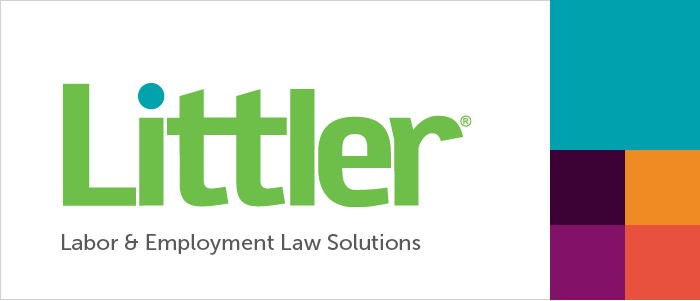
Oregon Governor John Kitzhaber on June 13, 2013 signed into law a bill extending employment discrimination protection to interns. The new law grants unpaid interns legal recourse under Oregon's employment discrimination laws for workplace violations including sexual harassment, unlawful discrimination, and retaliation for whistleblowing.
The new law defines interns entitled to protection as individuals who are performing work for an employer for the purpose of training if: (a) the employer is not committed to hire the person performing the work at the conclusion of the training period; (b) the employer and the individual agree in writing that he or she is not entitled to wages for the work performed;1 and (c) the work performed:
-
Supplements training given in an educational environment that may enhance the employability of the intern;
-
Provides experience for the benefit of the person performing the work;
-
Does not displace regular employees;
-
Is performed under the close supervision of existing staff; and
-
Provides no immediate advantage to the employer providing the training and may occasionally impede the operations of the employer.2
This definition tracks the test for unpaid interns who are exempt from the Fair Labor Standards Act's (FLSA) minimum wage and overtime requirements.3
The new law, to be added to the definition section of Oregon Revised Statutes (ORS) – Chapter 659A, creates a limited employment relationship for the purpose of providing protection under Chapter 659A. Under the new law, unpaid interns are now protected from discrimination and retaliation on the basis of race, color, religion, sex, sexual orientation, national origin, marital status, age (protected class is 18 years of age or older), military service, and disability. The statute also provides protection for unpaid interns who report, in good faith, information that the intern believes is evidence of a violation of a state or federal law, rule or regulation.
The new law also extends discrimination protection to Oregon unpaid interns who are victims of domestic violence, harassment, sexual assault or stalking. As with paid employees, the employer may require certification in the form of a police report, protective order or other evidence from a court, administrative agency, mental health professional or attorney that the intern is appearing in a proceeding or undergoing treatment relating to the domestic violence, harassment, sexual assault or stalking.
Unpaid interns in Oregon will receive the same level of protection as employees against privacy intrusions in the form of breathalyzer tests, polygraph tests, psychological stress tests or brain wave tests as set forth in ORS 659A.300.
Collecting, testing or using genetic information is prohibited. Employers in Oregon also cannot require interns to pay for medical testing as a condition of their internship unless a medical examination or health certificate is required pursuant to federal or state law or local ordinance, and employers may not restrict interns' lawful use of tobacco during nonworking hours.
Additionally, the law protects Oregon interns from discrimination and retaliation based on certain societal obligations, including aiding in criminal or civil proceedings and testifying before the Oregon legislature.
The new law does not create an employment relationship under Oregon's wage and hour law, employment laws regarding minors, state occupational safety and health laws, workers' compensation laws, unemployment laws, or state laws governing employment agencies.
What Actions Should Employers Take?
The protections extended to unpaid interns in Oregon under the new law are essentially the same as for regular employees, so this would be an excellent time for Oregon employers to review their discrimination and retaliation policies to be sure that all protected classes and activities are addressed, adding wording covering unpaid interns to the policies where necessary. Also, managers, supervisors and employees involved in company internship programs should receive training regarding the new law.
Finally, employers should, as a general matter, review their company internship programs to be sure that unpaid interns meet the definition for exempt status under the FLSA or are paid in accordance with FLSA and state minimum wage and overtime statutes.
1 Oregon employers can be held liable for back pay if unpaid interns end up performing tasks that employees typically do.
2 Oregon House Bill 2669, Enrolled.